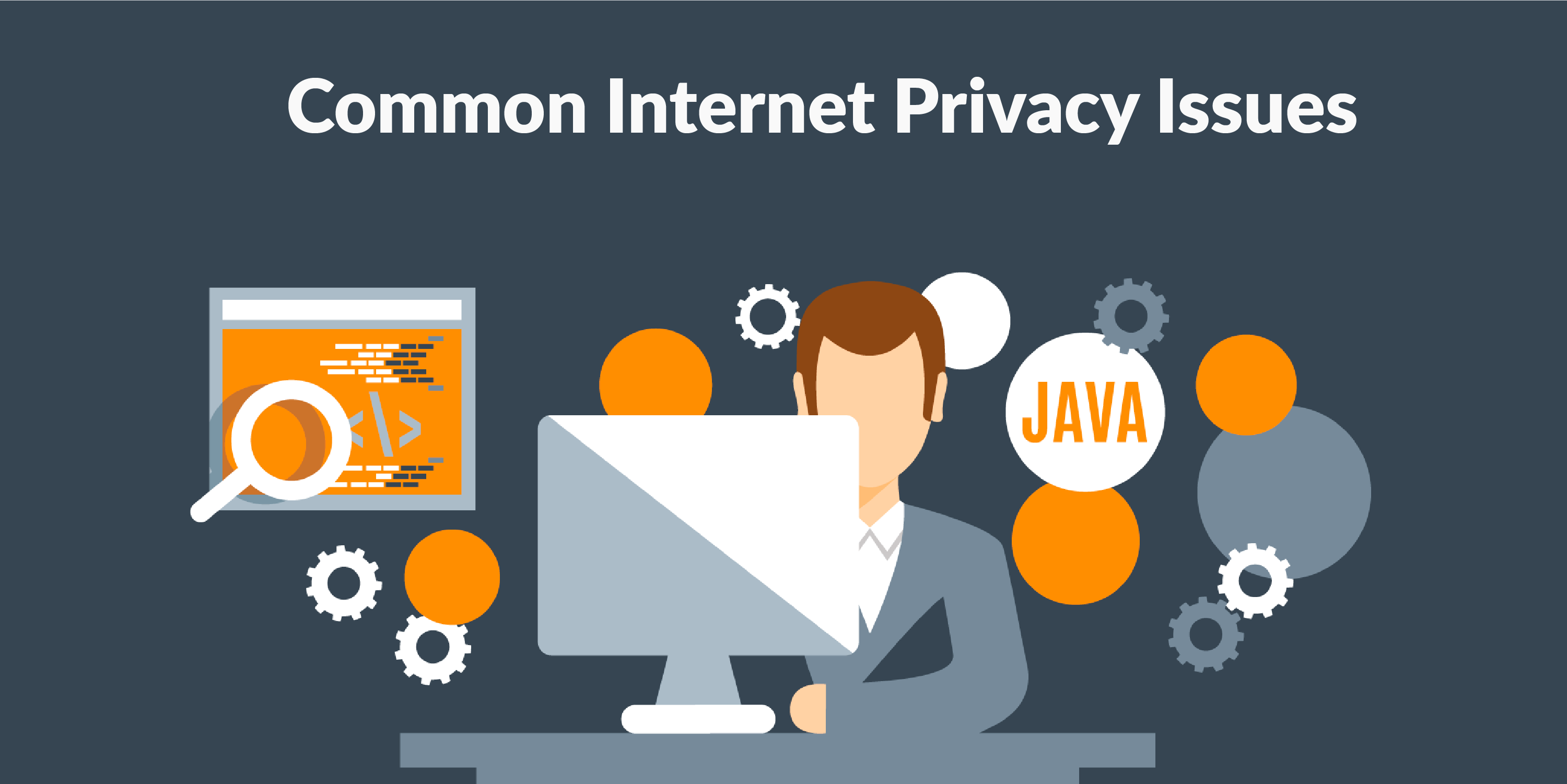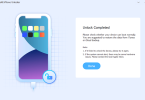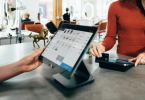 The murky grounds of the internet hide critical threats to your data privacy, masked by the many modern-day comforts, conveniences, and efficiencies the virtual world has to offer. And these dangers are not just limited to organizations. Even ordinary people are increasingly falling prey to various data threats. The reality is that there are many who stand to gain from your personal data. It also means that you have much to lose by compromising its safety.
The murky grounds of the internet hide critical threats to your data privacy, masked by the many modern-day comforts, conveniences, and efficiencies the virtual world has to offer. And these dangers are not just limited to organizations. Even ordinary people are increasingly falling prey to various data threats. The reality is that there are many who stand to gain from your personal data. It also means that you have much to lose by compromising its safety.
These online privacy issues often result from tracking, hacking, or trading of data. And if left unaddressed, they could leave you vulnerable to significant risks. So, let’s look at each of them and how you can curb their impact.
Contents [hide]
Data tracking
Countless companies are tracking your data around the clock. While it’s usually done under the pretext of improving your online experience, these businesses are making significant financial gains as a result. For instance, each time you make an online purchase on Amazon, it’s collecting your data. This helps Amazon to assess how it could make more money by selling you additional accessories and compatible devices. Then it starts recommending new products in the hope of tempting you into another purchase.
And each time you use Google, it’s collecting your data, too. Your search information is helping Google to display relevant ads, so it could boost its earnings. And social media? They’re doing exactly the same. Platforms like Facebook continuously track your information so advertisements relevant to your interests could pop up and help them monetize those clicks and impressions. Even apps on your smartphone are tracking you right now.
When so many businesses start tracking your data, they could add up to an extraordinary amount of personal information. If you want to understand the significance of this, just type in your name on Nuwber and check what it could retrieve. Your contact details and even financial information might be available for anyone to access. So, needless to say, it’s crucial that you protect yourself from data tracking.
Tips to avoid data tracking:
- Turn off cookies on websites you visit and only allow the essential ones.
- Delete cookies from your web browser at the end of each day.
- Delete your search history, cached files, and autofill form data.
- Activate “Do not track” requests.
- Deactivate the autofill feature on your web browser.
- Use a VPN to encrypt your online activities.
- Delete apps that needlessly request access to your contact lists, location, and other personal information. Only keep the few apps that you regularly use.
- Use an adblocker.
Hacking
According to a study by the University of Maryland, a hacking attack takes place every 39 seconds. And with pandemic-led work-from-home arrangements, this threat has grown further in prominence.
Both individuals and organizations are equally vulnerable to these attacks. And when companies that hold your data come under threat, it could expose you to countless risks, from identity theft to financial fraud. Take, for example, the Equifax data breach that exposed sensitive details of 148 million customers. Or the hacking attack on Marriot, which affected 339 million guests and left the hotel chain with a $23.8 million fine in the UK.
Now, hackers could use various strategies to get to your data, from virus-infected websites and email phishing attacks to ransomware threats. So, safeguarding yourself from a potential hacking attempt is essential to ensure your data privacy.
Tips to minimize the risk of a hacking attack:
- Install reputed anti-virus software on all your devices.
- Use regular updates to keep your software up to date on the Internet.
- Avoid downloading email attachments or clicking on links before verifying their authenticity.
- Keep confidential files stored on separate devices instead of your laptop, smartphone, or on the cloud.
- Take regular backups of data.
- Avoid using public Wi-Fi and open up a hotspot instead.
- Set up strong passwords and adopt password best practices.
- Avoid responding to emails requesting personal information. If it appears to be from someone familiar, contact them directly to verify that it’s a legitimate request.
- Practice caution with data sharing on social media platforms.
- Avoid downloading third-party apps as much as possible.
Trading
In reality, nearly every business is vying to monetize your personal data on the Internet. And they don’t just use them to boost their own sales. They can often share your personal information with others for monetary gain. These days, data comes with a high price tag. And this has given rise to a booming industry in data trading.
There’s much to be gained from trading information for both hackers and businesses alike. Hackers could sell stolen data on the dark web to make some quick money. And companies could purchase them for various reasons, too, especially to help with their marketing and promotional tactics. Take, for instance, the Cambridge Analytica scandal, where data belonging to 87 million Facebook users were harvested for political campaigning.
The bottom line is, data trading is a lucrative business Internet. So, taking steps to avoid becoming part of it is essential for your safety.
Tips to avoid data trading practices:
- Reduce your publicly available data by deleting them as much as possible.
- Adopt responsible data sharing practices.
- Delete unused accounts and profiles.
- Avoid websites that request personal information or to sign up in exchange for discounts and freebies.
- Read data privacy and sharing policies before accepting them.
- Keep your social media accounts in private mode.
- Be mindful of the app permissions you’re granting.
- Request data aggregators to delete your profile from their databases.
- Sign up for a data removal service and assess your data footprint at least each month.
For many people, data protection becomes a priority only when they experience a data breach or loss while using the Internet. But reactive measures cannot help you reverse the damage. So, adopting a proactive approach is essential to safeguard your data and avoid or minimize potential risks.
More Such Articles: User Guide Best Windows 10 Privacy Tools






